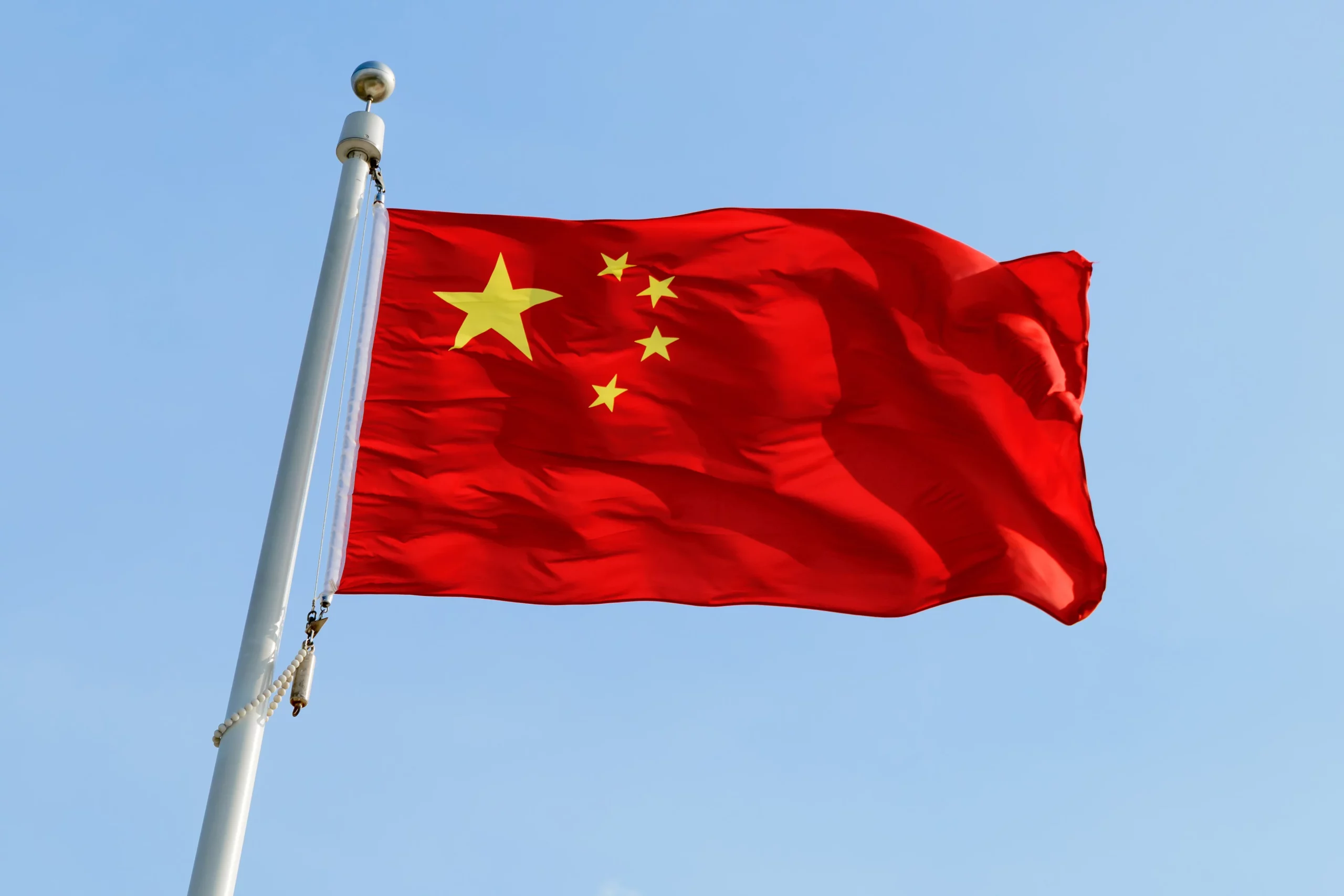Source: Global Legal Post by Robert Bata
The decoupling of Western law firms from China will continue – Proskauer Rose and Akin Gump being the latest to head for the exits, and Dentons having ditched Dacheng – as the People’s Republic’s economic woes persist, including the possible collapse of heavily-indebted institutions. Law firm departures will also be motivated by data security concerns and increasing price pressure and competition for work from government-preferred Chinese law firms.
The second trend will be more attention to Southeast Asia in general and Singapore in particular. In case anyone thought the city-state had reached its limits hosting foreign law firms, the influx has continued (Ropes & Gray and offshore firm Mourant being the most recent ones to announce plans) and shows no sign of abating.
At the same time, Indonesia, Vietnam, Thailand, Malaysia and possibly even the Philippines will see interest from foreign firms, including ones in the region (for example, a number of major Japanese law firms have recently opened in Jakarta and Kuala Lumpur). As some of the lower-cost jurisdictions draw labour-intensive manufacturing and assembly operations away from China, foreign law firms will seek opportunities in those countries.
As for Africa, South Africa is not likely to see more foreign firms arriving any time soon, but the local majors will be looking to expand elsewhere on the continent, as Bowmans has been doing through its alliance with Gide for access to the Francophone region. Mining and minerals, media, technology, healthcare and infrastructure development, combined with expected high economic growth rates in Western Africa (except Nigeria), will bring foreign firms on a fly-in-fly-out basis, but with little appetite to set up offices. Northern Africa on the other hand may draw interest for foreign law firms to establish a presence focused on energy projects, including offshore wind and gas, finance, disputes and media.
Latin America will see significant advances in infrastructure, energy, renewables, commodities, asset management and capital markets, among other areas. Part of this is a result of renewed confidence in the economies of Chile, Colombia and Peru, where far-left governments are turning out to be more business-friendly than feared, at least for now. There will be no new foreign firm entry into any of these countries, although those already present, including the major Spanish firms, may be bulking up.
Read full article: https://www.globallegalpost.com/news/china-decoupling-will-continue-for-western-law-firms-in-year-ahead-1330283462







